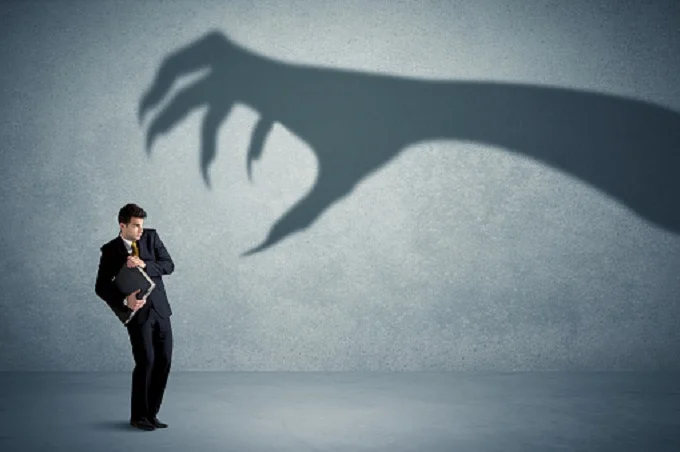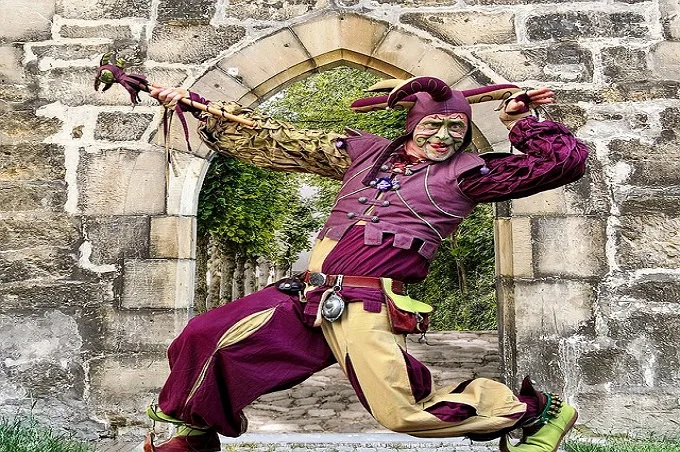8 signs you are a coward

There was a time when a coward would be called a man who was afraid to take up a fight with just a lance against dozens of soldiers in strong armour. Today, of course, a man who is not scared of such a situation would be called a madman because times have changed, and we no longer settle all relations using wars or at least a scuffle.
The signs of cowardice are somewhat different today than they were centuries ago, though some of them were relevant before. We understand that it’s difficult to accept that you are a coward. But accepting this will allow you to draw conclusions and move in the right direction.
You are afraid, to be honest
This is not about the fact that you are lying all the time, but the fear of showing your true face. Nowadays, a coward is someone who tries to show himself to be something he is not so that others do not see who he is. He creates a false image where he is the emperor, the one who can do anything. But true courage is to admit that you are not as good as you are trying to make yourself out to be.
You avoid strong people and stifle weak ones
It is much easier to boost your self-esteem at the expense of weaker people, whether physically or intellectually. A coward fears stronger people because he realizes that he can’t stand up to them and that he will be exposed as soon as they discover that his image is just a fake.
The coward also has contradictory feelings: he is simultaneously afraid of strong people and admires them. But at the same time, he doesn’t try to become stronger; he only suppresses the weaker ones even more.
You’re always sucking up
Being afraid to take responsibility is one of the coward’s trademarks. If you answer a serious question, trying to give the most evasive answer, and trying to manipulate words so that the interlocutor could not later prove that you unequivocally affirm or deny anything – then you are a coward. Let’s make it clear that we are talking about everyday decisions and not cases where an affirmative answer could endanger your health.
You never apologize
It takes willpower to say sorry because not many people get over their egos. Nowadays, a sincere apology for a transgression is a dying animal in the Red Book. On the other hand, a coward is afraid of apologies and tries never to do so. The first thing he fears is the punishment that will follow a confession of wrongdoing.
Then comes the fear that by apologizing, he will become insignificant in the other person’s eyes. But the truth is that in most cases, except when admitting guilt does not endanger your life, an apology shows your strength and makes the other person respect you.
You are constantly blaming people around you
It is very easy to blame someone. Blaming the mistake you made and admitting it is hard. A coward not only doesn’t apologize for his mistakes but also tries to blame others for them. Did he poison himself with an expired product even though he knew it was expired? The shop, the retailers, and the manufacturer are to blame, but certainly not his greed. It’s the same with everything. He will blame other people, events or circumstances, anything but himself, even though it is clear that he is the one who screwed up.
A brave person will admit that the problem is with him and draw conclusions that will help him avoid a similar situation in the future.
You fall for popular excuses
There are plenty of excuses to justify your failure. For example, a girl stood you up. Well, you’ve fallen into a friendship zone, like a lot of other guys, and that’s okay. You didn’t get the job? Well, that’s the fault of a stupid boss who didn’t see you as a nugget.
A coward will make up any excuse not to admit that it’s him who’s responsible for the failure. On the other hand, the brave person will look back on popular excuses but will not accept them as truth.
He takes matters into his own hands and tries to achieve his goals rather than stay where he is now, consoling himself with the fact that this happens to many others as well.
You always rely on others for help
A coward always hides behind stronger people and tries to make them take the hit. He fears responsibility, consequences and therefore may manipulate those around him, but not so much for his gain as out of fear of getting back at them. If their ‘protectors’ fail to take the hit, the cowards immediately put on a show to draw as much attention to themselves as possible and show how unfairly they are being hurt and how they need help.
Of course, when asking for help, the coward does not acknowledge his weakness but instead makes excuses to show that he could have done it himself, but that something is preventing him from doing it in this situation.
You only show your true face on the internet
Or anywhere else, where no one knows who you are. A coward only feels brave when he is sure of his impunity, like writing anonymous posts. But as soon as the possibility arises that the coward can be held accountable for his words, he immediately puts on a show of “I didn’t mean it like that” or “I didn’t write it, the cat skipped over the keyboard.”
A coward will never admit when facing a stronger opponent that he said or did something to anger his interlocutor and will try to make someone else look guilty or alleviate that person and evade responsibility. But in doing so, he will not draw any conclusions and will continue to show his true face in safe situations.




